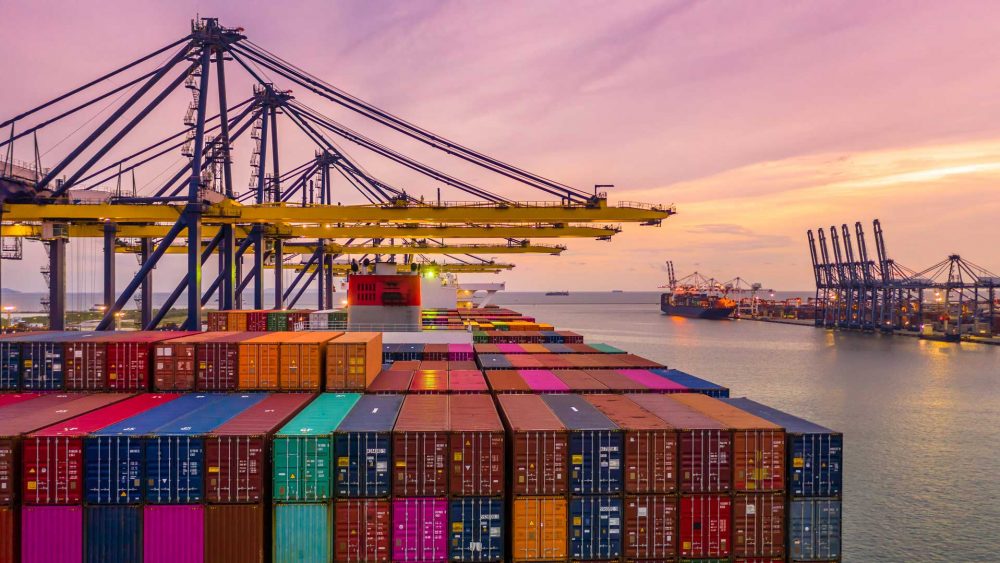The maritime transport sector is facing many changes that are leading ports to make immediate decisions. Deloitte has conducted a study analysing some of the trends that will guide evolution of ports in the near future.
Space strategy
The increasing complexity of port operations will affect urban ports, which tend to suffer from lack of land. Increasing the efficiency of available space through technology will be a priority. In the same fashion, many urban ports must prove their value to the community by establishing economic and social synergies with their cities.
Protectionism
Protectionism can have a negative effect on trade, entirely upending the logistical chain. This can be a blow to large dominant ports in the West, while smaller ports are benefited by increased delocalisation. On the other hand, increased duties and paperwork for freight require that ports make an investment to reduce the impact on the logistical chain.
Technology
Ports are preparing for a digitised future and are already making the most of technologies such as the internet of things, robotics, artificial intelligence and virtual reality, the target of future investments. Smartports mean a new mentality when it comes to management with platforms and data-driven decision models, leading to cost savings.
However, with automation and connectivity comes the challenge of cybersecurity at ports, which must provide digital armour for their supply chains.
Prosertek has more than 20 years of experience offering port engineering services, providing our clients with personalised solutions and cutting-edge technology.
Sustainability
The race to build ever-larger ships will come to an end, and the market will then be focused on sustainability, spurred by environmental regulations. We can foresee that ports will be reconverted, freeing themselves of fossil fuels and moving to use hydrogen or hydro-treated vegetable oils (HVO). Moreover, given the foreseeable reduction of raw-material energy markets, many ports are already shifting focus to work with renewable energies in a more eco-efficient future, adapting to the needs of their environment.
Growing opportunity on specialised markets
A drop in demand for container transport is forecasted, which will lead maritime transport to look toward specialised markets such as dry bulks, passengers and supplying on the high seas. Once the COVID crisis passes, it is predicted that the cruise-ship market will swell all around the world. Additionally, a high uptick in activities related to LNG transport is expected.
New trade routes
Different factors will create new trade routes and opportunities:
- The shift in the Chinese production model will leave intensive manufacturing in the hands of other Asian countries with cheaper labour.
- As a result of global warming, the trade route in the North Sea will be opened, reducing distances between Europe and Asia. Moreover, access to the Arctic’s natural resources will benefit Baltic and Russian ports.
- Lastly, the BRI (Belt and Road Initiative), a network of infrastructures to connect China with all of Asia, Africa and Europe, will have a positive impact on the growth of ports in developing countries.



Comments are closed.